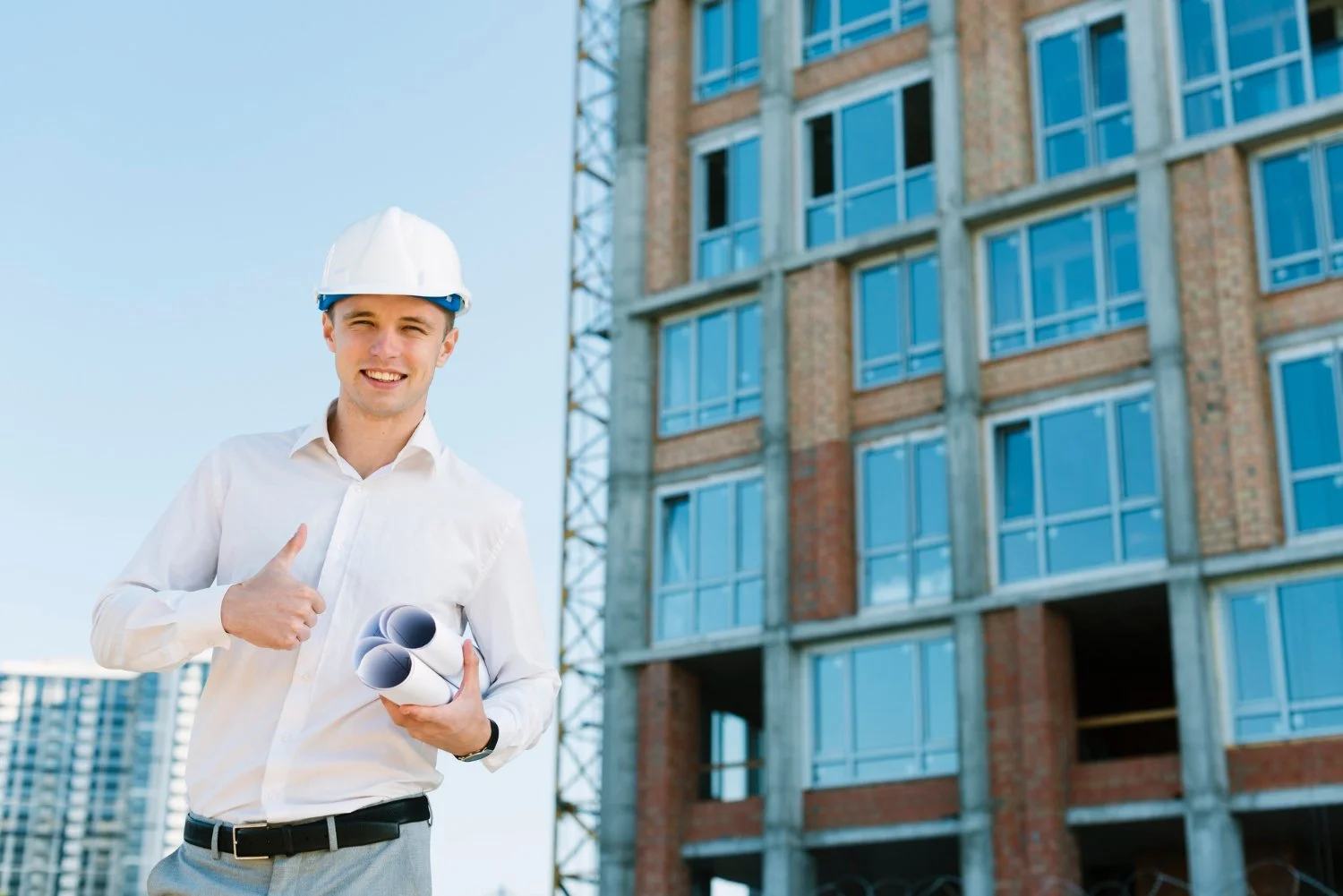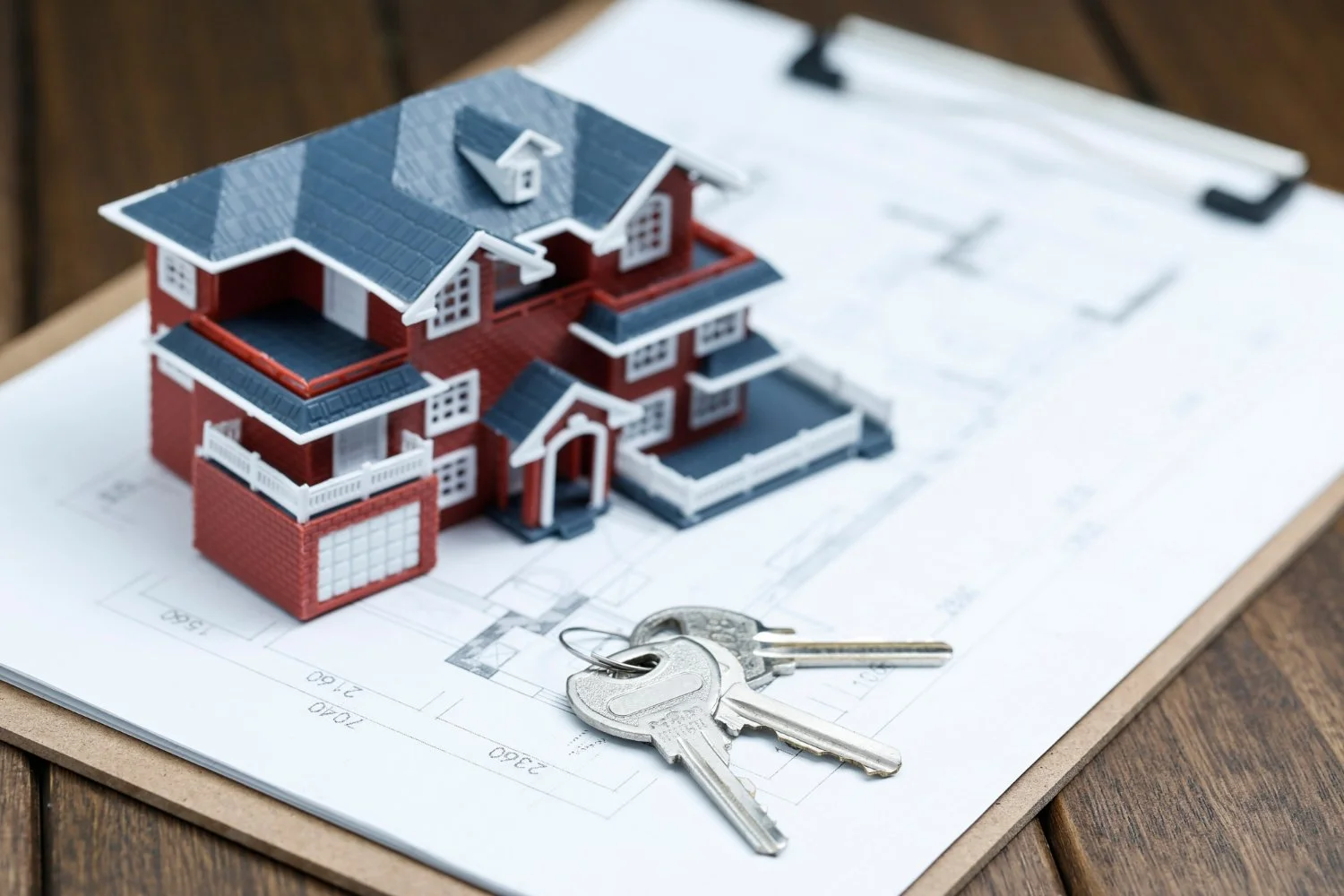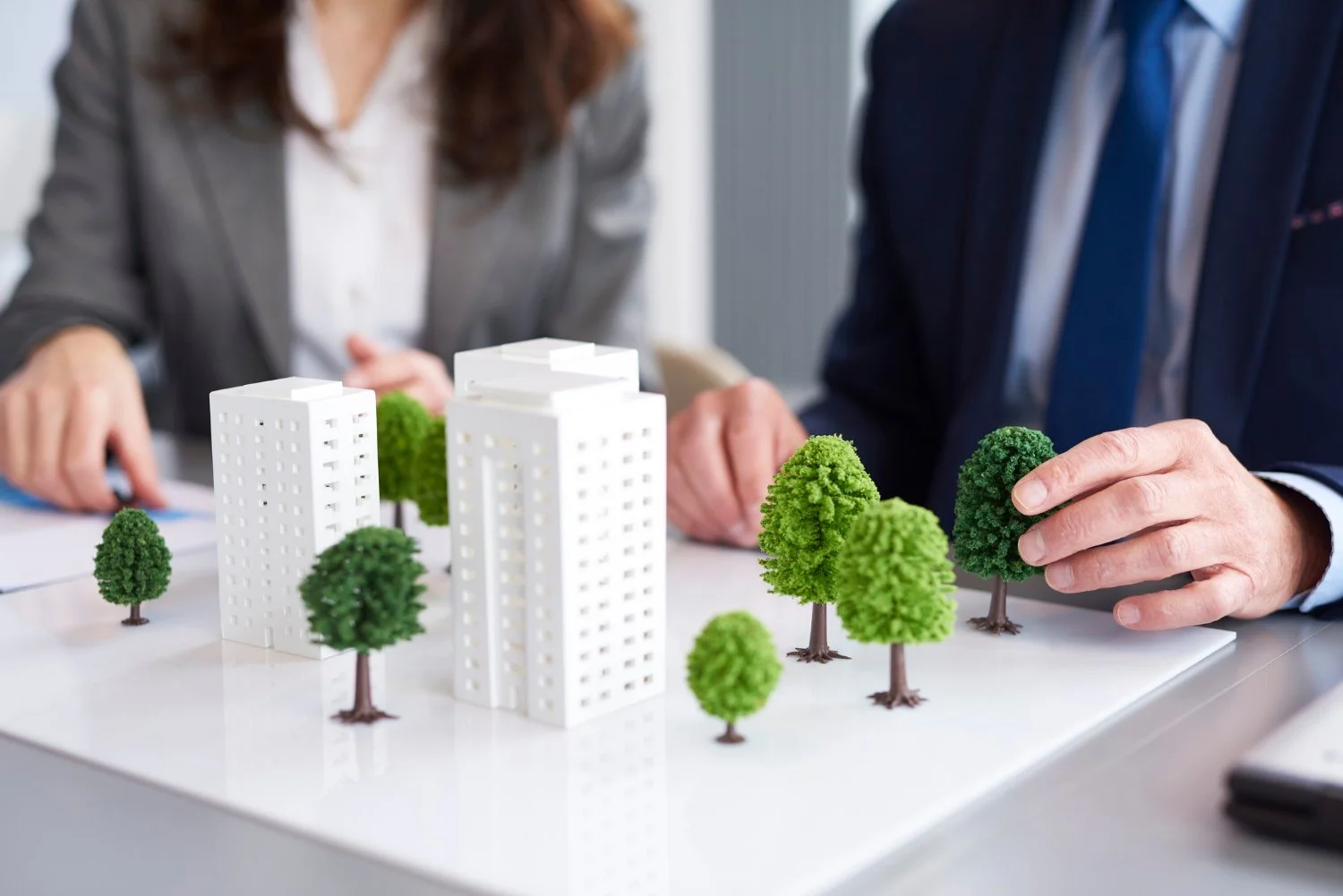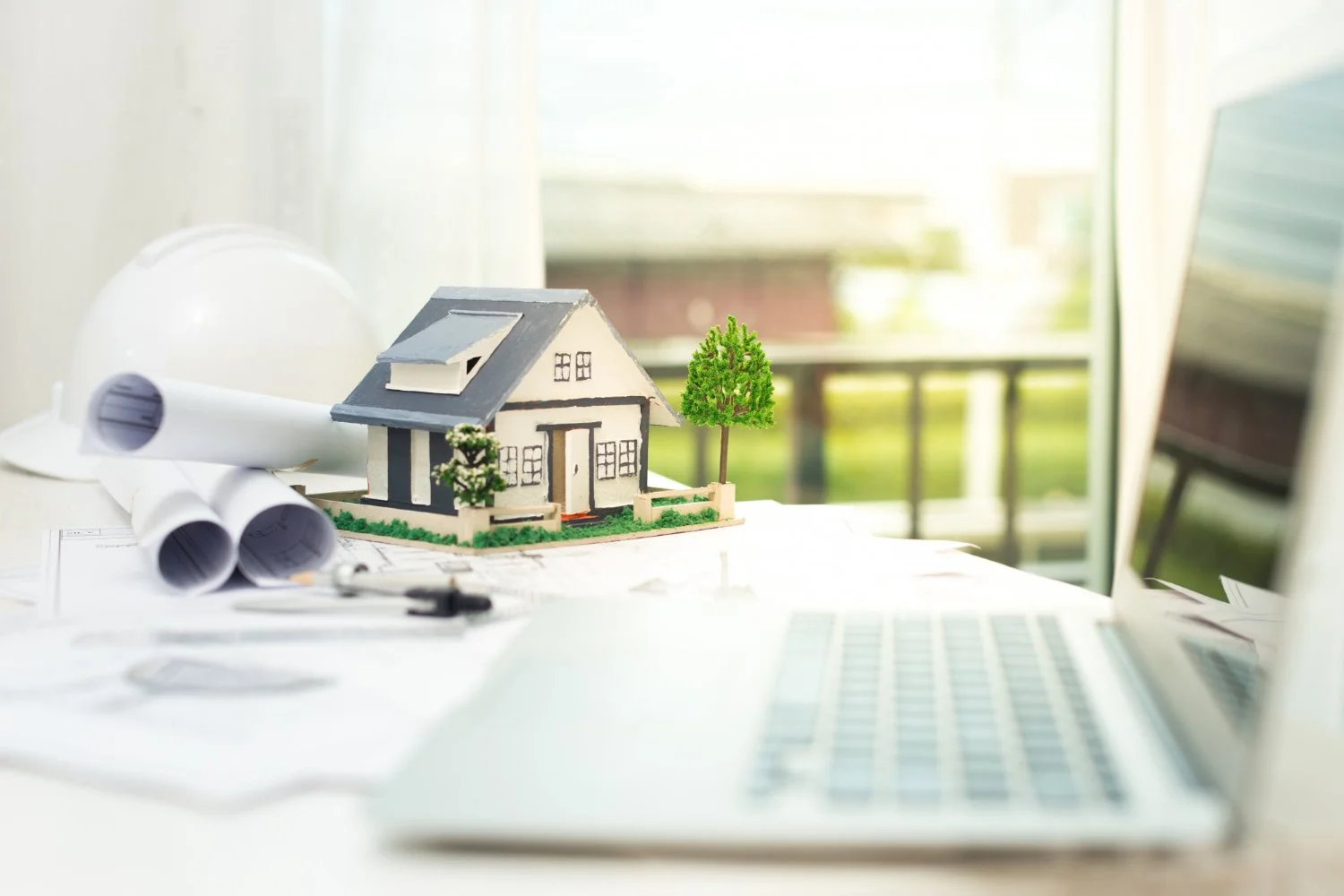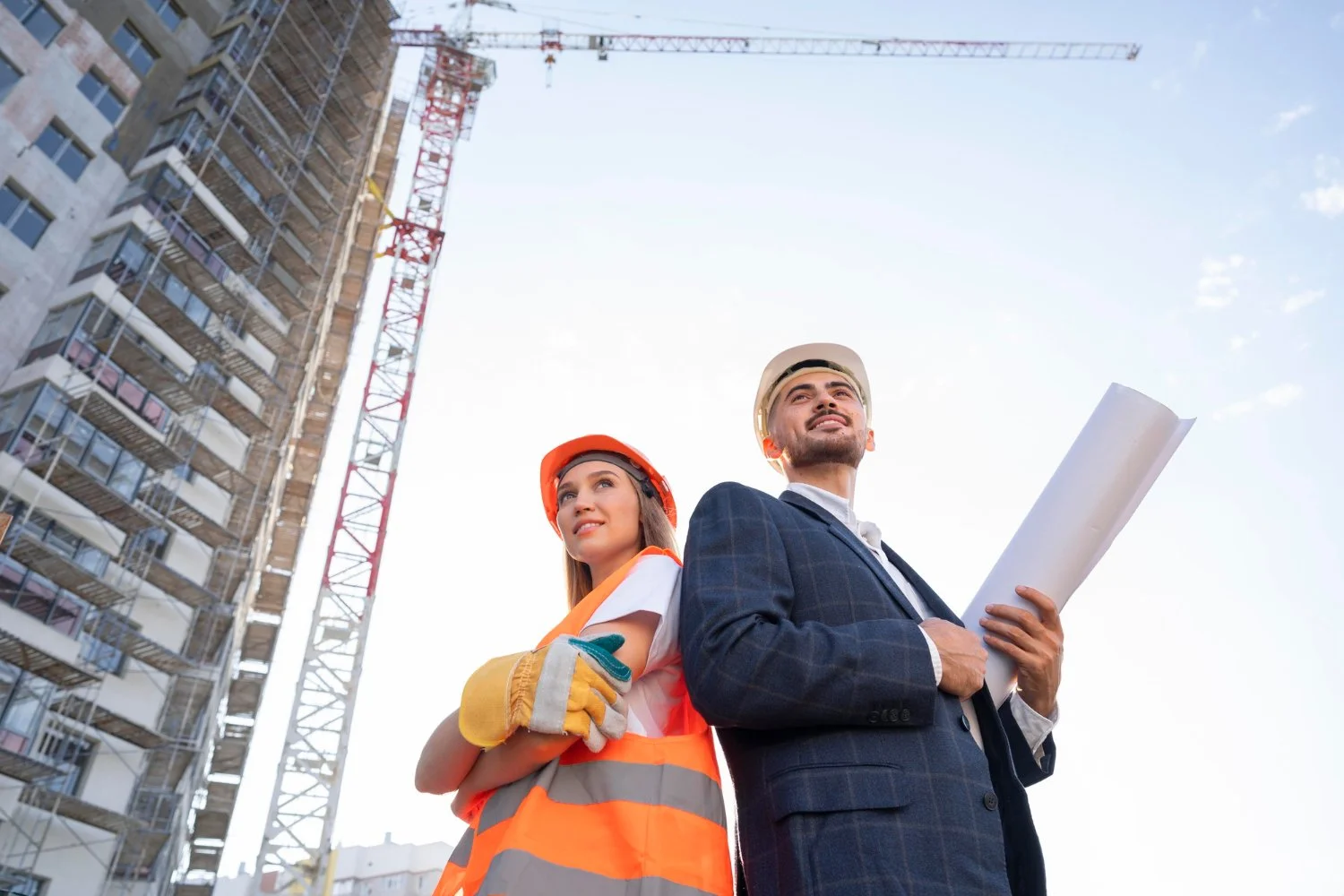What Does a Real Estate Developer Do? A Beginner’s Guide
If you’ve ever driven past a new housing community, office complex, or mixed-use development downtown, you’ve seen the results of real estate development. But what does a real estate developer do, exactly? This beginner-friendly guide will help you understand the role of a real estate developer, how the process works, and why it matters, especially if you're a homeowner, investor, or simply curious about how communities grow.
What Is Real Estate Development?
At its core, real estate development is the process of transforming land or existing properties into something more valuable — residential, commercial, or mixed-use spaces. It involves a combination of planning, financing, designing, constructing, and selling or leasing properties. The goal is to create functional, profitable spaces that serve both community and market needs.
Real Estate Developers: The Visionaries Behind the Project
So, what does a real estate developer do within this process? They are the masterminds who coordinate the entire journey from raw land to completed building. Developers don’t usually build with their own hands; instead, they bring together a team of experts — architects, engineers, contractors, city officials, investors, and more — to turn a vision into reality.
Developers identify opportunities, assess market demand, secure funding, acquire land, navigate zoning and legal requirements, and oversee the design and construction phases. Once the project is complete, they may sell the property, lease it out, or hold onto it as part of their portfolio.
The Real Estate Development Process Explained
The real estate development process can vary depending on the size and type of project, but generally, it includes the following key stages:
1. Site Selection and Acquisition
This is where it all begins. Developers scout for land or properties that show potential for value creation. They analyze the location, zoning laws, market trends, and infrastructure. Once a suitable site is found, they negotiate a purchase or partnership deal.
2. Market Research and Feasibility Study
Before moving forward, developers conduct in-depth research. They want to ensure there is enough demand to support the new development. This step helps assess whether the project will be profitable and aligns with community needs.
3. Design and Planning
Working with planners and architects, the developer shapes the vision for the site. This includes site planning, floor plans, and aesthetic features. They also collaborate with civil engineers to address environmental and infrastructural concerns.
4. Permits and Approvals
Navigating city regulations is a major part of the real estate development process. Developers submit plans for approval, attend public hearings, and address any community feedback. It can be a time-consuming stage, but it's critical to moving forward legally.
5. Financing the Project
Large-scale development requires capital. Developers often fund projects through a combination of personal equity, bank loans, investors, and sometimes public-private partnerships. Securing funding is a vital skill for any successful developer.
6. Construction Management
With funding and permits in place, construction begins. Developers oversee contractors and construction managers, monitor budgets and timelines, and ensure quality control throughout the build.
7. Marketing and Leasing/Sales
As the project nears completion, developers work with real estate agents and marketing teams to promote the property. They may sell residential units, lease office spaces, or operate the property directly.
8. Ongoing Management or Exit Strategy
Some developers hand off the property to management companies. Others continue to manage the asset for long-term revenue. In some cases, they sell the property and move on to the next project.
How Does Property Development Work in Real Life?
To understand how property development works, think of it as a high-stakes puzzle. Each piece — location, design, finance, construction, and marketing — must fit perfectly.
Let’s say a developer notices an underused piece of land near a growing suburb. They envision a small shopping plaza to serve the neighborhood. After acquiring the land, they:
Conduct surveys to understand local retail needs
Collaborate with Architects to design a customer-friendly layout
Get city permits for parking, signage, and building codes
Secure funding from a local bank and/or private investors
Hire a general contractor to manage the build
Lease spaces to businesses like a coffee shop, a dry cleaner, and a pharmacy
By the time the plaza opens, the developer has created a community hub, jobs, and income streams. That’s how property development works in action.
Benefits of Real Estate Development
The benefits of real estate development extend far beyond profits. Here’s how good development can improve communities and local economies:
Improved Infrastructure: Roads, utilities, and public spaces are often upgraded in the process.
Economic Growth: New buildings mean jobs, services, and tax revenue for local governments.
Urban Renewal: Developers often revitalize neglected areas, increasing safety and property values.
Housing and Amenities: Development provides much-needed homes, shops, offices, and green spaces.
Of course, when done poorly, development can lead to gentrification, environmental harm, or poorly planned neighborhoods. Responsible developers aim to create lasting value for all stakeholders.
Why Should Homeowners and Investors Care?
If you're a homeowner, understanding what real estate developers do can help you:
Navigate zoning changes in your area
Participate in public hearings
Predict how new developments might impact your property value
Identify opportunities to sell or lease property strategically
For investors, working with or becoming a developer can be a path to building long-term wealth. It requires research, planning, and a good understanding of market dynamics, but the potential returns are significant.
Final Thoughts
What does a real estate developer do? In short, they shape the physical and economic landscape around us. From concept to completion, real estate developers envision possibilities and bring them to life, building homes, workplaces, and communities from the ground up.
By understanding the real estate development process, its challenges, and its rewards, you can make more informed decisions as a homeowner, buyer, seller, or investor. Whether you're curious about a new project in your neighborhood or considering a career in development, knowledge is your best tool for navigating this ever-evolving industry.

